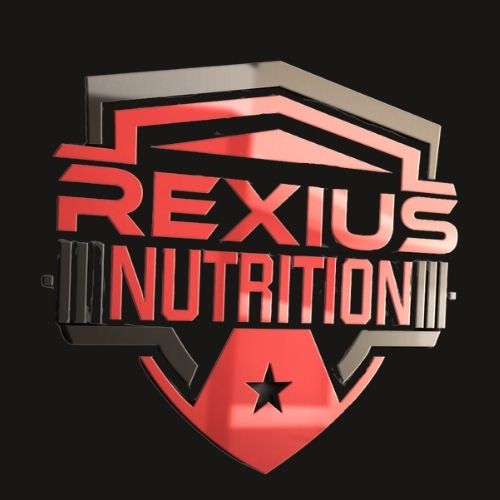IS SALT BAD FOR YOU?
As a bodybuilder and a coach, I know that many competitive physique athletes sometimes adopt a “food is fuel” mentality and claim that flavor is secondary, although many times I think it’s likely that we’re just trying to convince ourselves. For the vast majority of the people I see in the fitness industry, many of whom are just trying to eat healthier, the flavor of food is a concern, and a valid one.
I want to be very transparent about my feelings on this. Eating in a healthy way in pursuit of your fitness goals and enjoying food DO NOT have to be mutually exclusive of each other.
Last week I inadvertently launched a new series of articles sparked by common questions I get from clients and other people about food preparation (see last week’s article here). I’ll admit that I was in a bit of a hurry last week and wrote my post without really thinking through the ramifications of what I was writing. That’s just how it is sometimes. I start typing and whatever comes out, comes out (kind of like this paragraph is going. HA.). I wasn’t really thinking about embarking on another series, but after some further thought, here goes!
In retrospect, I SHOULD have started any series on food preparation with something more basic than lemon juice and vinegar. But I’ll admit it, I’m one of those weirdos that like sour flavor, so that’s what came to mind first.
Now, HERE’s the article that really should have preceded everything else, the one basic ingredient that can be used more than any others to enhance the flavor of food – SALT.
Wait a minute, isn’t salt supposedly bad for you? I mean, if we’re trying to be healthy, aren’t we supposed to be following diets that are low in sodium? The answer: NOT NECESSARILY.
I don’t want to create unnecessary confusion here. Clearly, if your doctor has instructed you to follow a low-sodium diet, listen to your doctor. There are some legitimate reasons why certain people should limit their sodium intake. Those individuals who have high blood pressure, have suffered a stroke, and many who have a family history of high blood pressure or strokes, may want to limit their sodium intake. Additionally, some people are simply sensitive to sodium, and if you experience significant bloating or discomfort (due to water retention) after a meal that is high in sodium, you may want to limit your intake of salt. Further, there is also a correlation between high-salt diets and stomach cancer, although the research on this is incomplete.
However, diets can actually be TOO LOW in salt, and this can have deleterious effects on the body, especially for athletes. Salt is actually a compound composed of two important electrolytes, sodium and chloride. Sodium plays a role in muscle contractions, and when sodium is lost through perspiration, this can lead to muscle cramps. Sodium is also involved in proper nerve function and maintaining blood volume and blood pressure. Chloride, like all other electrolytes, is involved in everything from nerve impulses to fluid balance. Very low levels of chloride can lead to an excessive build-up of carbon dioxide in the blood, causing the blood to be more acidic.
Further, several studies have shown that low-salt diets can have negative effects on cholesterol and triglyceride levels. Insulin resistance can also be a result of low-salt diets. And, while this may seem counter-intuitive, extremely low-sodium levels can also lead to water retention.
In conclusion, here’s my take on this. Unless you have a specific medical reason not to, it’s absolutely ok to put moderate amounts of salt on your food. If you’re generally avoiding processed foods (which I strongly encourage) you’re very likely in complete control over your salt intake. For competitive bodybuilders and physique athletes, there may be reasons to restrict sodium as you near your competition (and by that I mean within a week – there’s just no good reason to cut out salt for weeks in advance), but this will only be for short periods. The rest of the time – SALT YOUR FOOD. Your food will taste better, making it more likely that you will stick to your meal plan, and you may actually feel and perform better in the gym.
 Skip to content
Skip to content

Comments
Cliff said:
This is probably why I enjoy my ground turkey so much. Thanks for the freedom to season Jeff.
March 13, 2018